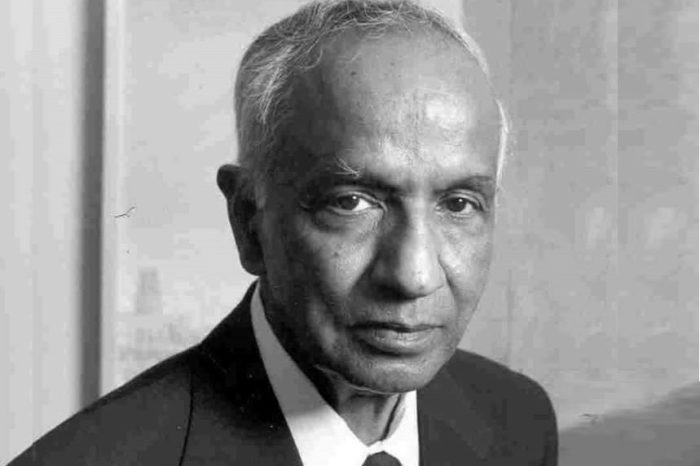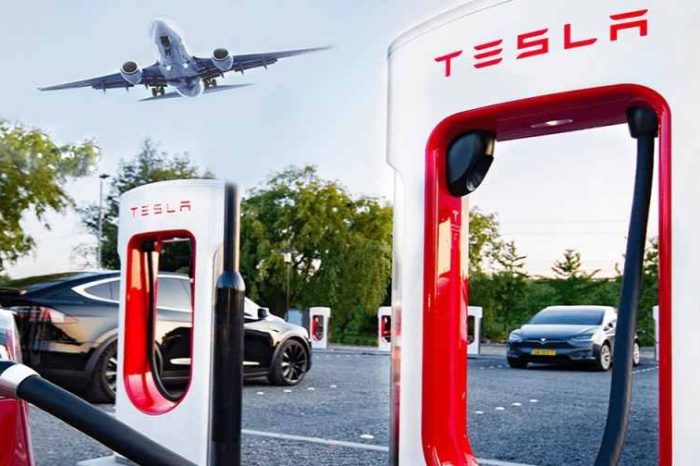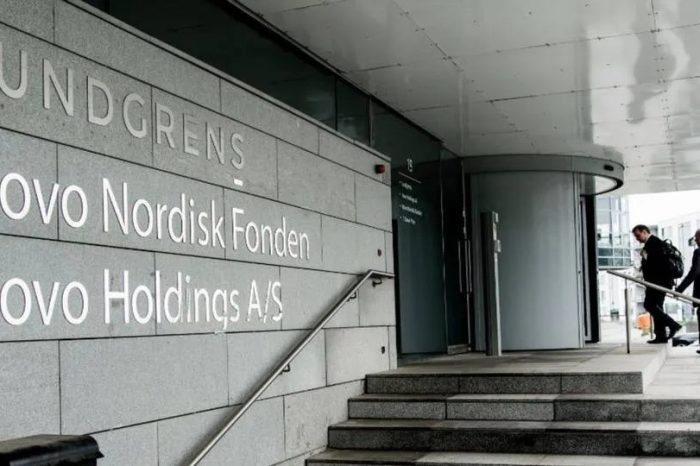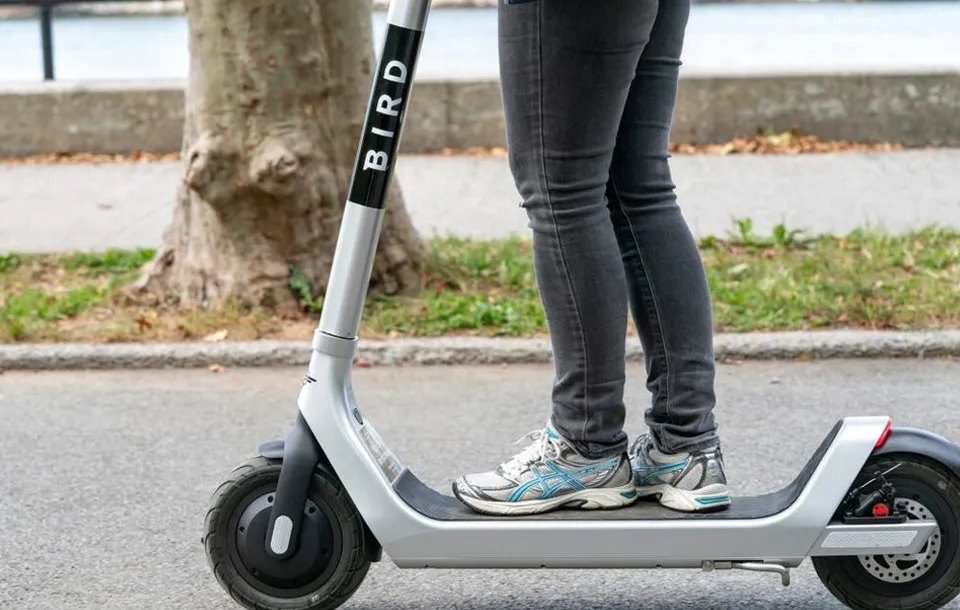Bird, the electric scooter company once valued at $2.5 billion, has filed for Chapter 11 bankruptcy, citing a series of setbacks. Bird confirmed in a press release that it has entered a “financial restructuring process” to bolster its balance sheet while maintaining regular operations in pursuit of “long-term, sustainable growth.”
Bird said it plans to utilize the bankruptcy proceedings to facilitate the sale of its assets, with an expected completion timeline of 90 to 120 days. Bird emphasized that the process aims to maximize value for all stakeholders, having entered into a “stalking horse” agreement with existing lenders to establish a floor for its value. This agreement is open to higher and better offers.
“The Company will use the court-supervised process to facilitate a sale of its assets, and has entered into a “stalking horse” agreement with the Company’s existing lenders, which effectively sets a floor for Bird’s value. The bid is subject to higher and better offers, and is aimed at maximizing value for all stakeholders. Bird expects to complete the sale process in the next 90-120 days,” Bird said in a press release
Founded in 2017 by former Lyft and Uber executive Travis VanderZanden, Bird is among the startups introducing dockless micromobility platforms globally, offering city residents short-term access to electric scooters or bikes.
Bird’s electric scooters gained popularity as an eco-friendly alternative to driving and public transit before the Covid-19 pandemic. In 2019, the company raised over $275 million, leading to a valuation of $2.5 billion.

However, Bird faced challenges as the pandemic led to reduced ridership during lockdowns in 2020. Despite going public through a merger with a special purpose acquisition company in 2021, its stock performance declined in a competitive market with questionable economics. Bird’s market cap plummeted from over $2 billion at its NYSE debut to just $70 million within a year, prompting a warning from the NYSE about its low share price.
The situation did not improve, leading to CEO VanderZanden’s departure in June, and the company was eventually delisted from the NYSE in September. Bird’s bankruptcy filing followed this delisting, as the company failed to meet the exchange’s requirements.
The bankruptcy filing excluded Bird Canada and Bird Europe, which are continuing business as usual. This move comes after a series of setbacks, layoffs, and the acquisition of a competitor, Spin, for $19 million.











